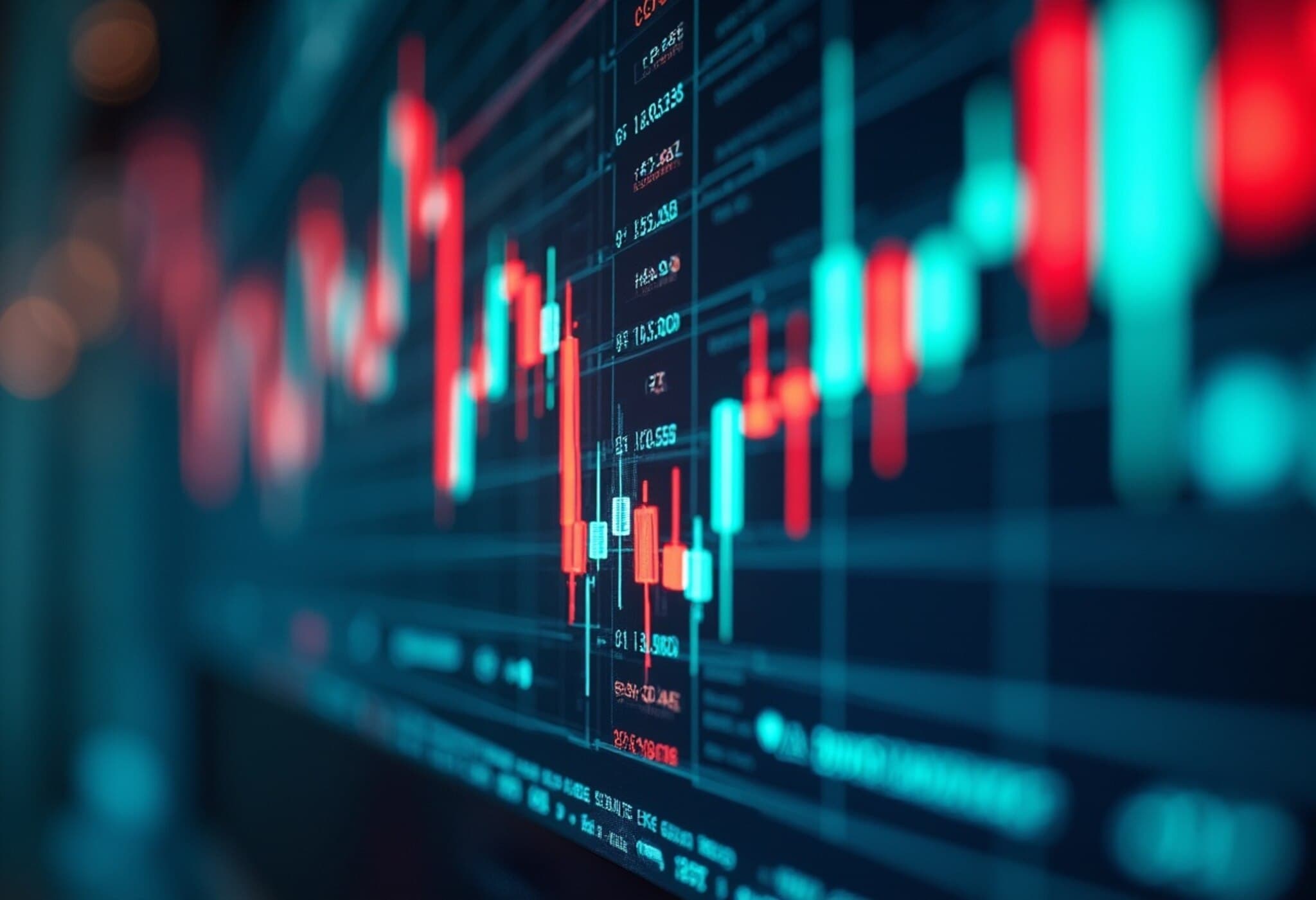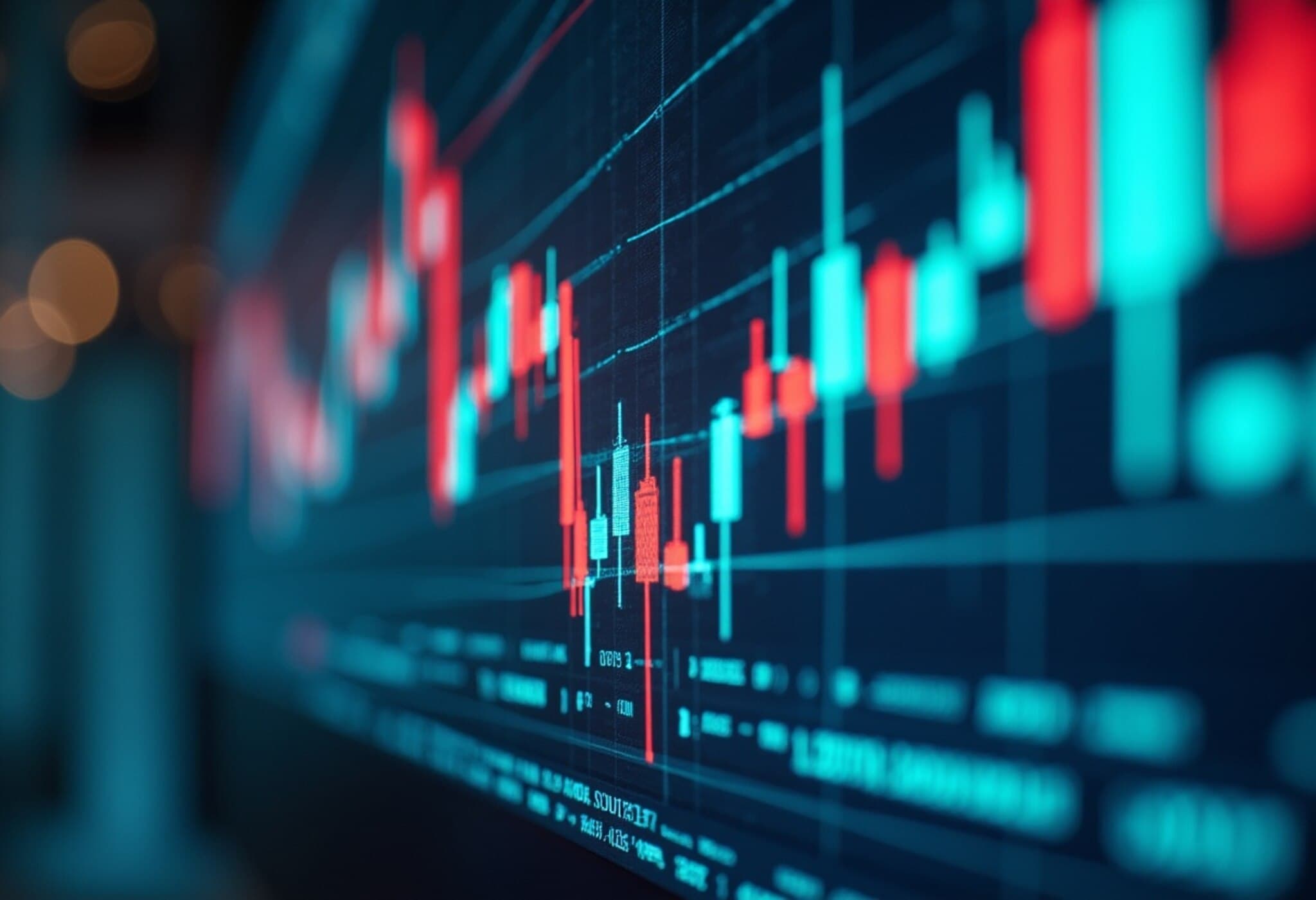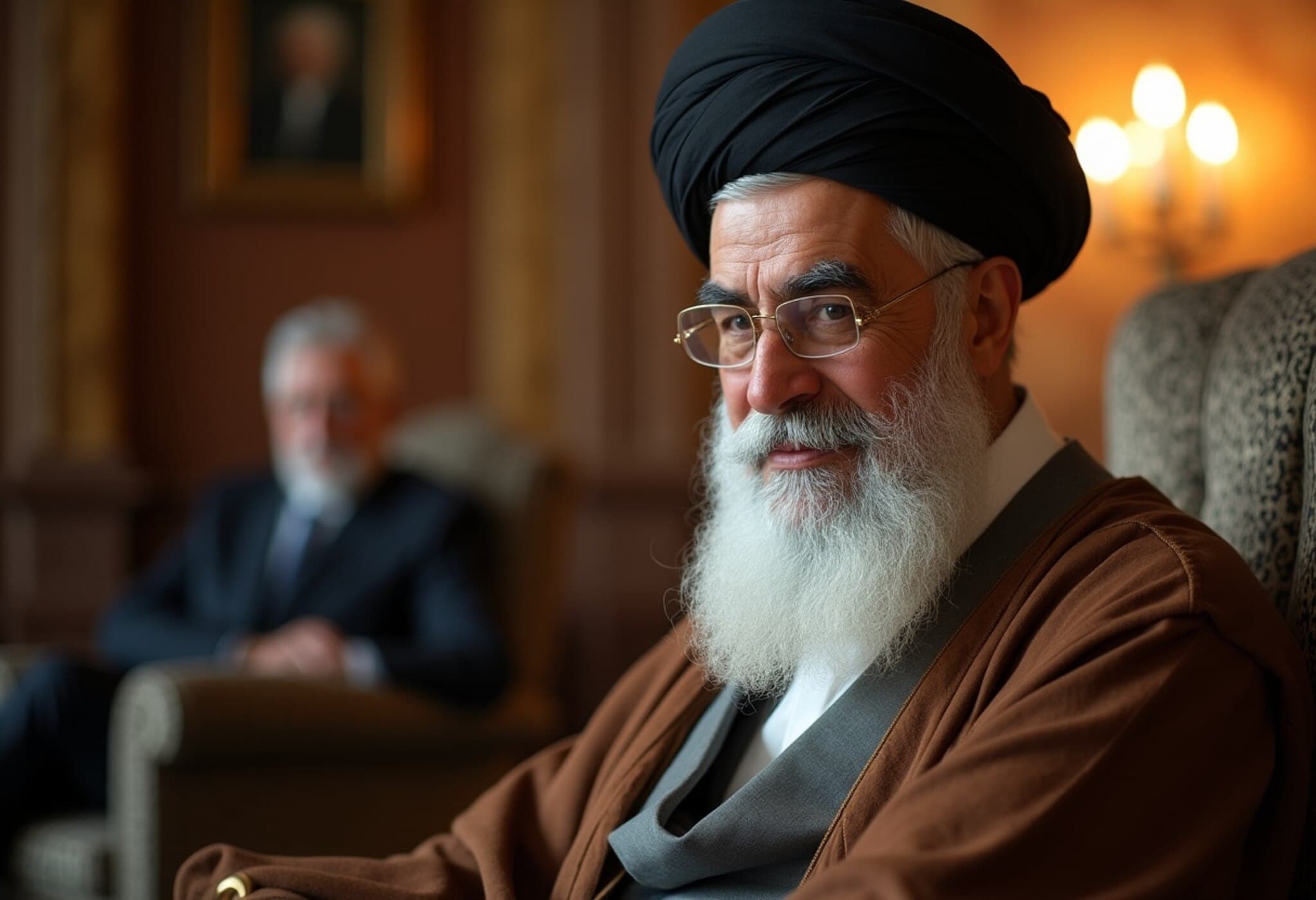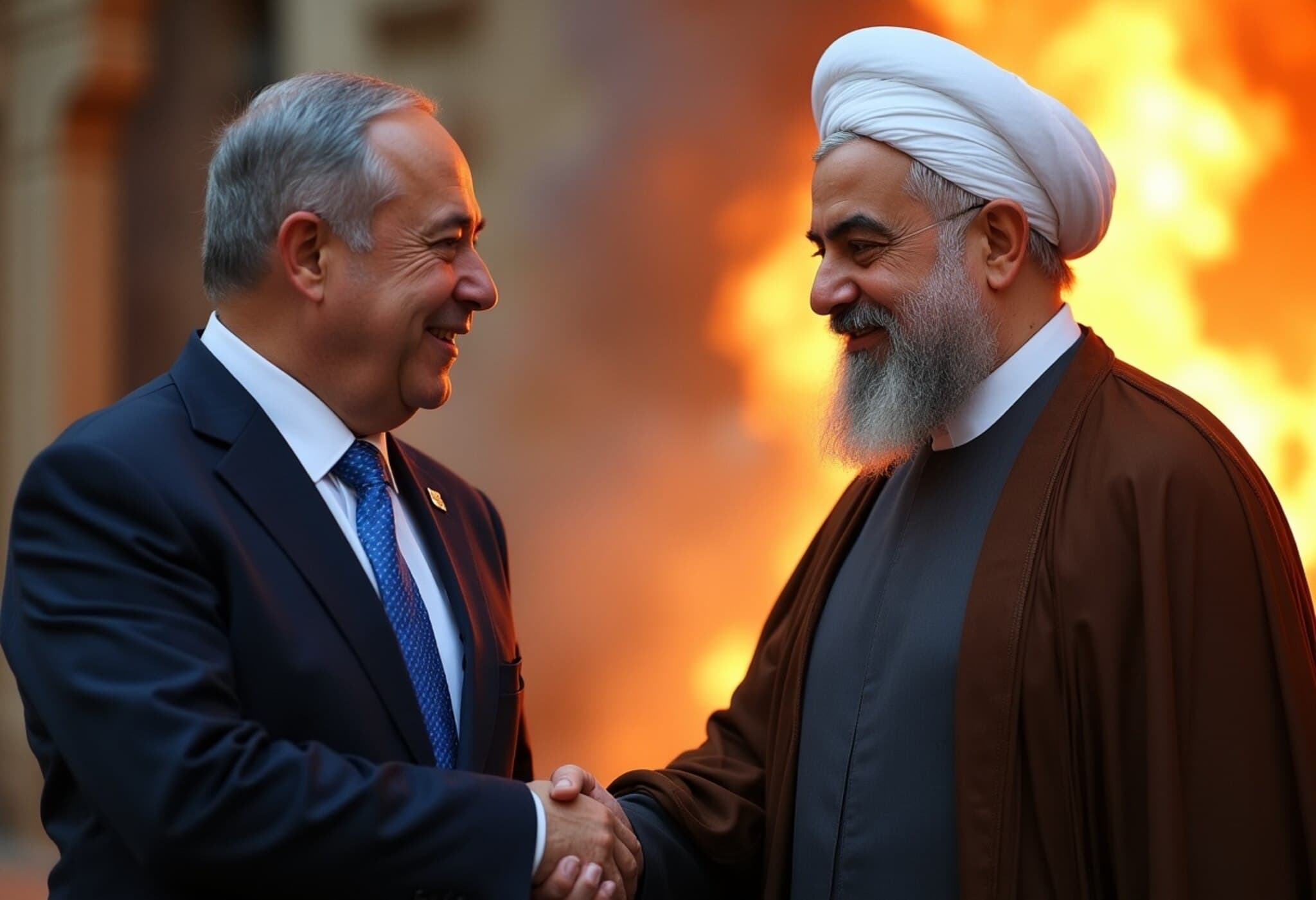Global Trading Firms Eye India’s Booming Derivatives Market
A wave of major international trading firms, including Citadel Securities, IMC Trading, Millennium, and Optiver, are intensifying their operations in India, sparking a significant hiring surge and prompting local exchanges to boost their technological capabilities.
India as a Global Derivatives Hub
India has rapidly emerged as a dominant force in the global derivatives arena, accounting for nearly 60% of worldwide equity derivative volumes in April 2025, according to the Futures Industry Association. Since March 2018, the notional turnover of these contracts in India has soared nearly 48-fold, underscoring the market’s explosive growth.
Such impressive figures are drawing the attention of Western trading firms eager to capitalize on India’s substantial investor base and resilient domestic demand, which investors believe can help cushion against international market turmoil.
Expanding Teams and Investments
Highlighting the competitive spirit, IMC Trading disclosed plans to expand its India workforce by over 50%, aiming for more than 150 employees by the end of 2026. Its India managing director noted increased rivalry not just in trading but also on the talent acquisition front.
Similarly, Optiver, which launched Indian operations in 2024, plans to increase its team from 70 to 100 members by the close of 2025, with ambitions for further growth thereafter.
Meanwhile, Citadel Securities maintains a leaner team of around 10 employees in India but has ramped up capital to support its expanding market activities. Hedge fund Millennium has also been growing its India desk through hubs in Dubai and Singapore.
Talent War Heats Up at Premier Institutions
Top-tier Indian engineering schools have become primary talent pools for these trading giants, with a particular focus on the prestigious Indian Institutes of Technology (IITs). Traditionally a vital recruitment ground, firms are now broadening their search to include other universities as competition intensifies.
According to industry recruiters, roughly 300 professionals have been hired by global firms over the past two years in fields spanning trading, technology, compliance, risk, and legal roles. Salaries for junior traders have more than doubled in recent years, reflecting rising demand.
Technological Upgrades at Indian Exchanges
To accommodate the surging activity and demand from high-frequency and quantitative trading firms, India's major stock exchanges are upgrading their infrastructure. The National Stock Exchange (NSE) plans to install 2,000 co-location racks within the next two years, while the Bombay Stock Exchange (BSE) is targeting 500 racks by fiscal year-end 2026, a sharp increase from zero just last year.
These co-location racks help reduce trade execution times to mere microseconds, a critical advantage in high-speed trading environments. BSE’s CEO emphasized the need to provide cutting-edge value to address the unmet demand from advanced trading firms. The exchange has invested approximately $52 million to $58 million in technology upgrades over two years.
Looking Ahead
The influx of global trading powerhouses and investments signals a robust growth trajectory for India’s derivatives market. With expanding teams, rising salaries, and infrastructure enhancements, India is increasingly cementing its status as a key player in the international trading landscape.











